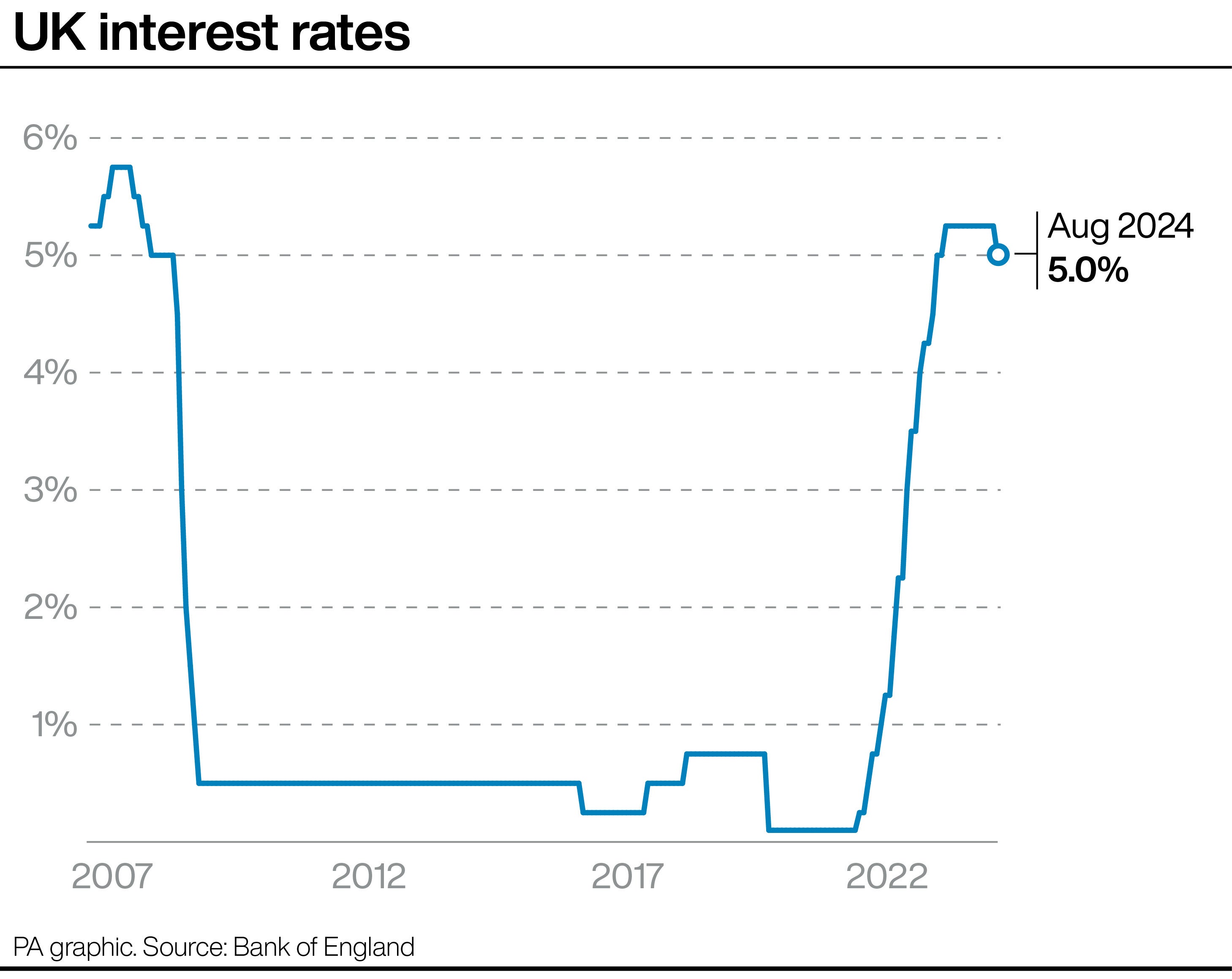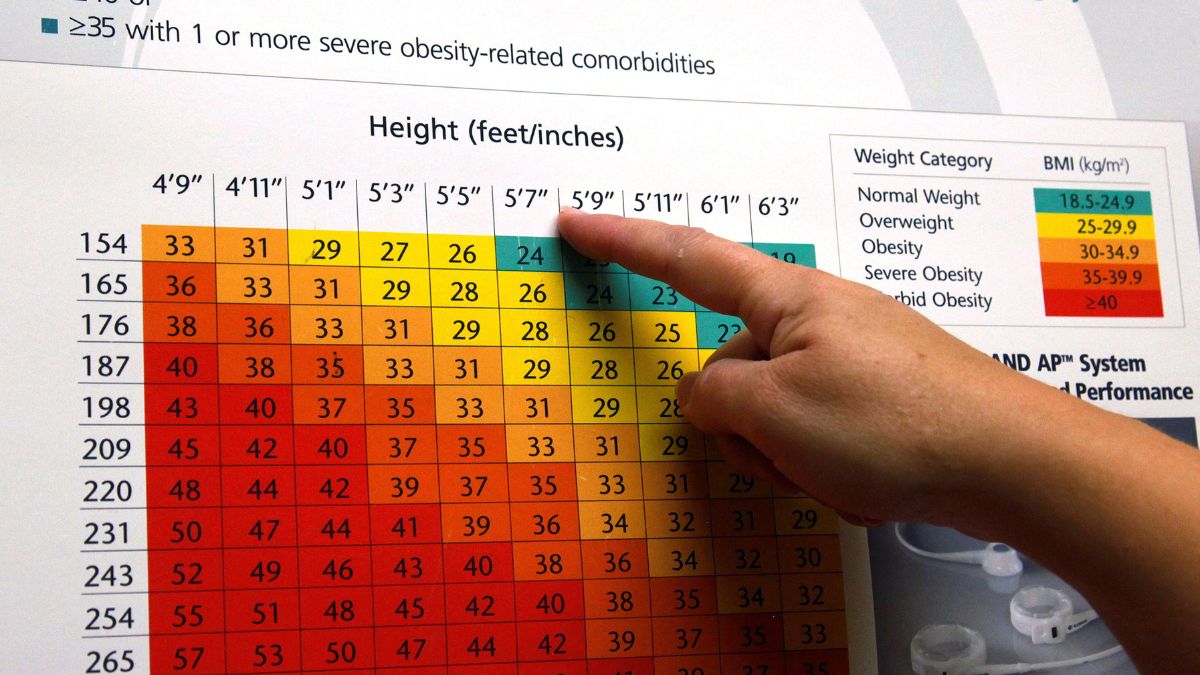When news dropped that the rate of inflation fell last month, it came as a surprise.
Most economists thought that price rises would stay at 2.6 per cent for the year in December, the same figure that was recorded in November.
Instead, it came in at 2.5 per cent – helped out by a dip in hotel prices and a slower pace of price increases at restaurants – according to the Office for National Statistics (ONS) making that the final figure for 2024.
Milder inflation has brought hope that the Bank of England may lower interest rates, saving borrowers vast sums on loans and mortgages. The central bank’s rate-setting committee makes a decision in three weeks’ time.
Danni Hewson, AJ Bell head of financial analysis, said that the chances of a rate cut at the next meeting have risen from 60 per cent to over 80 per cent, citing information from data firm Refinitiv.
“There is growing optimism that more cuts could be on the cards for 2025 than had been anticipated. A significant cooling in service sector inflation will have boosted the odds as central bankers have been rightly concerned about the impact of pay increases on this crucial cog in the UK’s economic wheel.”
But don’t get too excited yet, she said, as cost pressures are likely to re-emerge later in the year.
“It’s important not to over-egg this pudding and not to forget the potential for another inflation spike if businesses do pass on those extra costs coming their way in April as they have warned they will have to.”
The extra costs businesses are facing include the higher employers’ national insurance payments Chancellor Rachel Reeves imposed on them, as well a minimum wage, which rises in April.
These could lead to a spike in inflation later this year, albeit one which then fades again. Oil prices have also been on the rise, with Brent crude up 8.7 per cent in the last month, suggesting petrol and diesel prices could be on the up.

Not everyone is convinced that February will see a rate cut and cheaper mortgages. Mark Ashbridge, Managing Director of Ashbridge Partners, finance and mortgage advisors said that today’s inflation data is unlikely to change the previous predictions that two rate cuts of 0.25 percentage points apiece are likely this year, as predicted by many economists, yet the timing is still in doubt.
“For variable rate borrowers, they will be anxious to understand if this means a quarter point decrease in February – or might it be deferred to May when there is more data?
“The Bank of England’s monetary policy committee is likely to play for time and so May is more likely.
Tomorrow, fresh data will be released in the shape of economic growth figures for November. These statistics are less well favoured by economists than the quarterly figures, which capture three months, but they will still be closely watched to see how well the economy is performing, and whether it needs the shot in the arm of cheaper borrowing.
All of these statistics are intertwined, which makes hard predictions difficult.
Economists think that lower interest rates will help boost growth since businesses can spend less money on interest payments are more on investment and hiring, and inflation eats away at savings which will also be hit if interest rates decline.
Borrowers can bank on lower rates eventually, but the answer to “when” changes frequently.




)